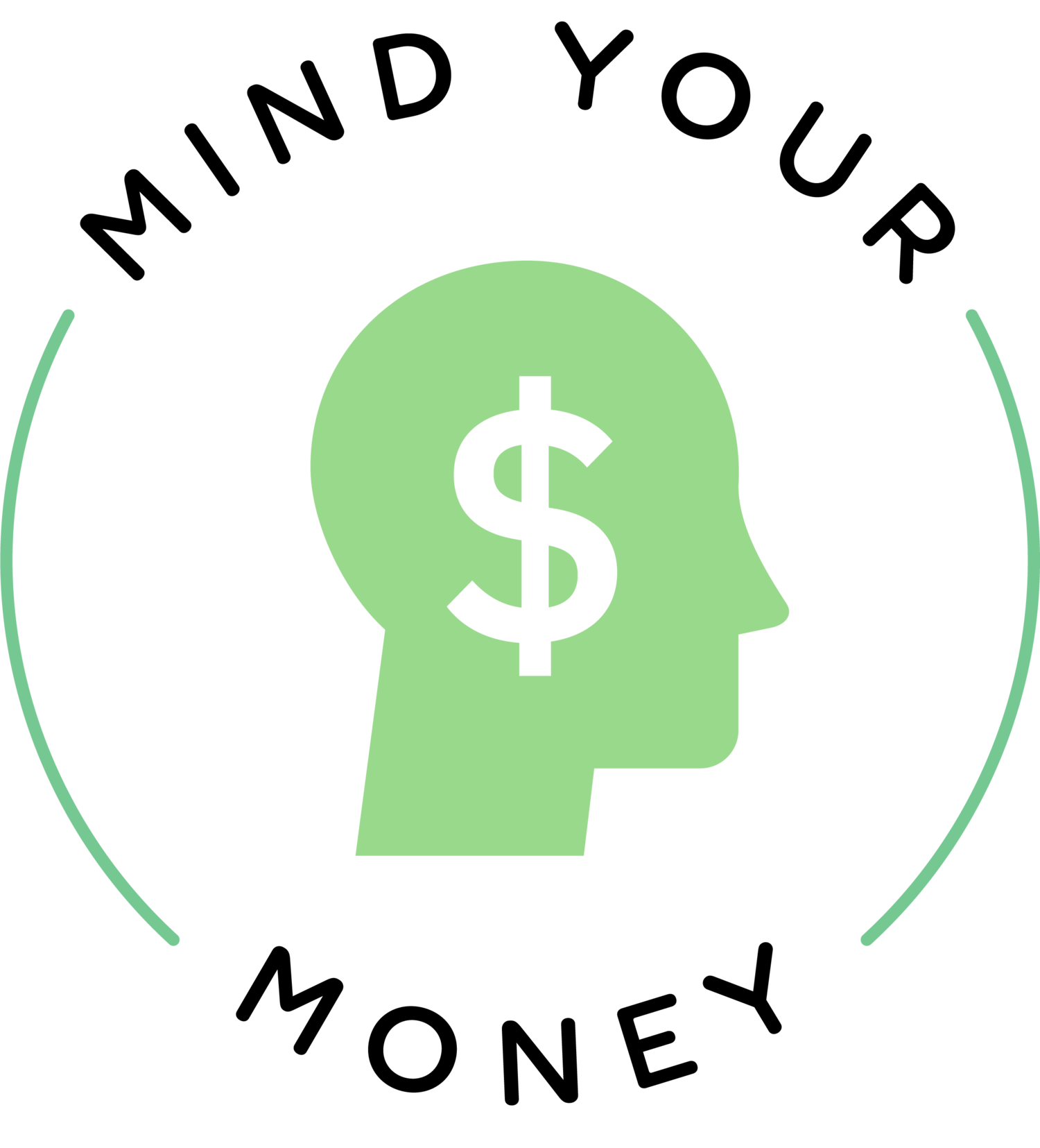What is Wealth Inequality?
If Jeff Bezos liquidated all his assets, he could cure hunger in the US 7 times. Today we're diving headfirst into the realm of wealth inequality—we’ll cover its consequences and discover how we can rewrite the rules to create a more equitable future.
What Can We Do About It?
Though wealth inequality may seem like a challenging issue, there are actions we can take to make a difference:
Education and Awareness: Learn about wealth inequality and its impact. Understanding the issue is the first step towards finding solutions. Discuss it with your friends, family, and teachers to raise awareness and encourage conversations.
Financial Literacy: Take charge of your own financial journey. Learn about budgeting, saving, and investing to secure your future (check out some of our other articles). Building a strong foundation of financial literacy empowers you to make wise choices and build wealth over time.
Volunteer and Give Back: Engage in community service and volunteer activities. Get involved with organizations that work towards reducing poverty, improving education, and providing essential resources to those in need. Every act of kindness can contribute to a more equal society.
Wealth inequality refers to the unequal distribution of wealth, or money and valuable assets, among individuals or groups. Some people have more wealth than they could ever spend, while others struggle to meet their basic needs. This imbalance can create challenges and affect opportunities for education, healthcare, and financial security.
Why Does It Matter?
You might wonder why wealth inequality matters to you as a middle or high school student. Well, the truth is, it impacts everyone, including you! Here's why:
Opportunity Gap: Wealth inequality can create an opportunity gap, where some individuals have better access to quality education, healthcare, and career opportunities than others. This means that the chances of achieving your dreams and reaching your full potential might be influenced by factors beyond your control.
Economic Stability: When wealth is concentrated in the hands of a few, it can lead to economic instability. Unequal distribution of resources can make it difficult for the economy to grow sustainably, affecting job prospects and overall financial well-being for everyone.
Social Harmony: A fair and just society thrives on equality and inclusivity. Wealth inequality can contribute to social unrest and divisions, as it highlights the disparities between different groups. Building a society where everyone has a fair chance at success benefits everyone, fostering stronger communities and happier lives.
Remember, financial literacy empowers you to make informed choices that can positively impact your life and society as a whole. By learning about financial literacy and taking control of your own financial future, you can play a pivotal role in creating a fairer and more equitable world.

